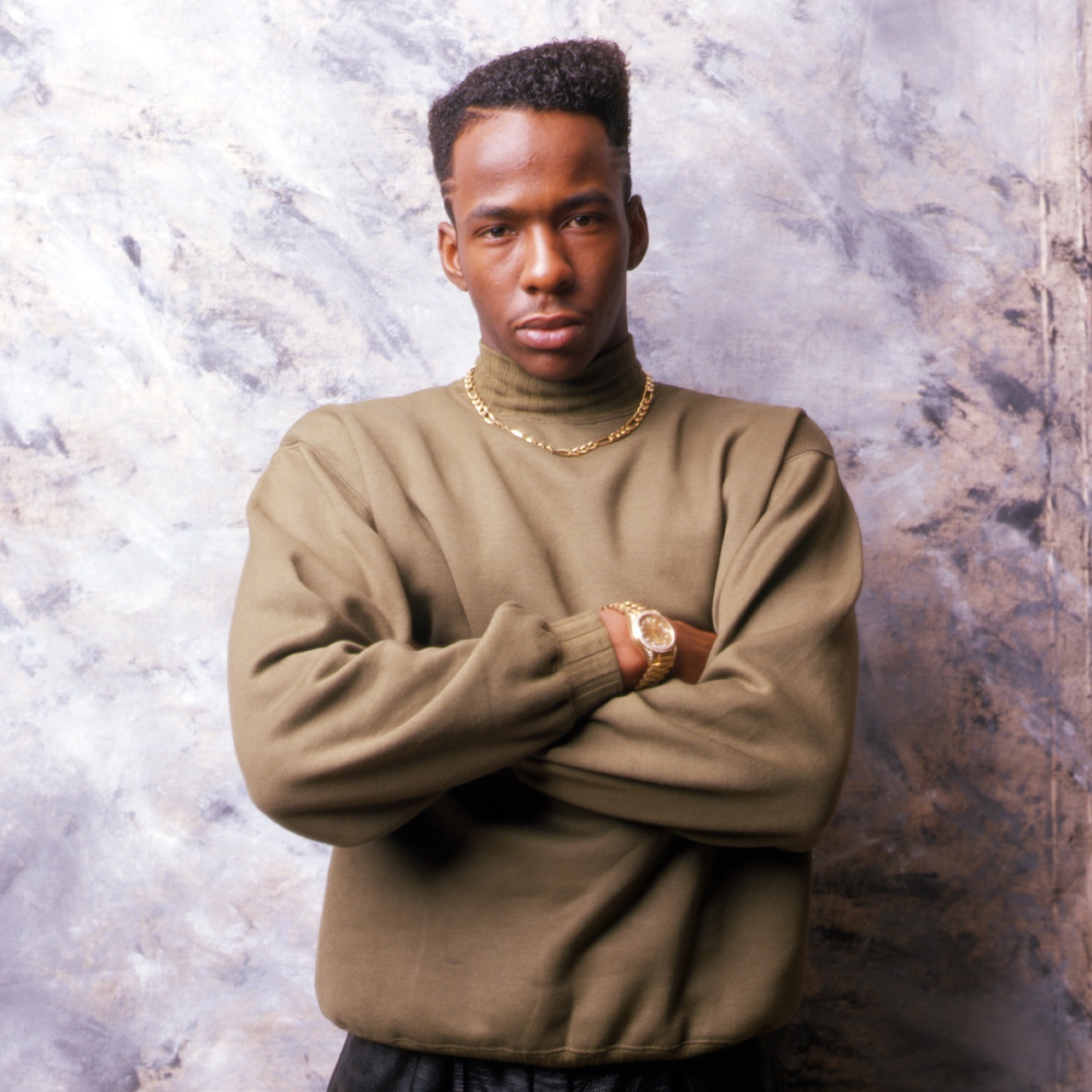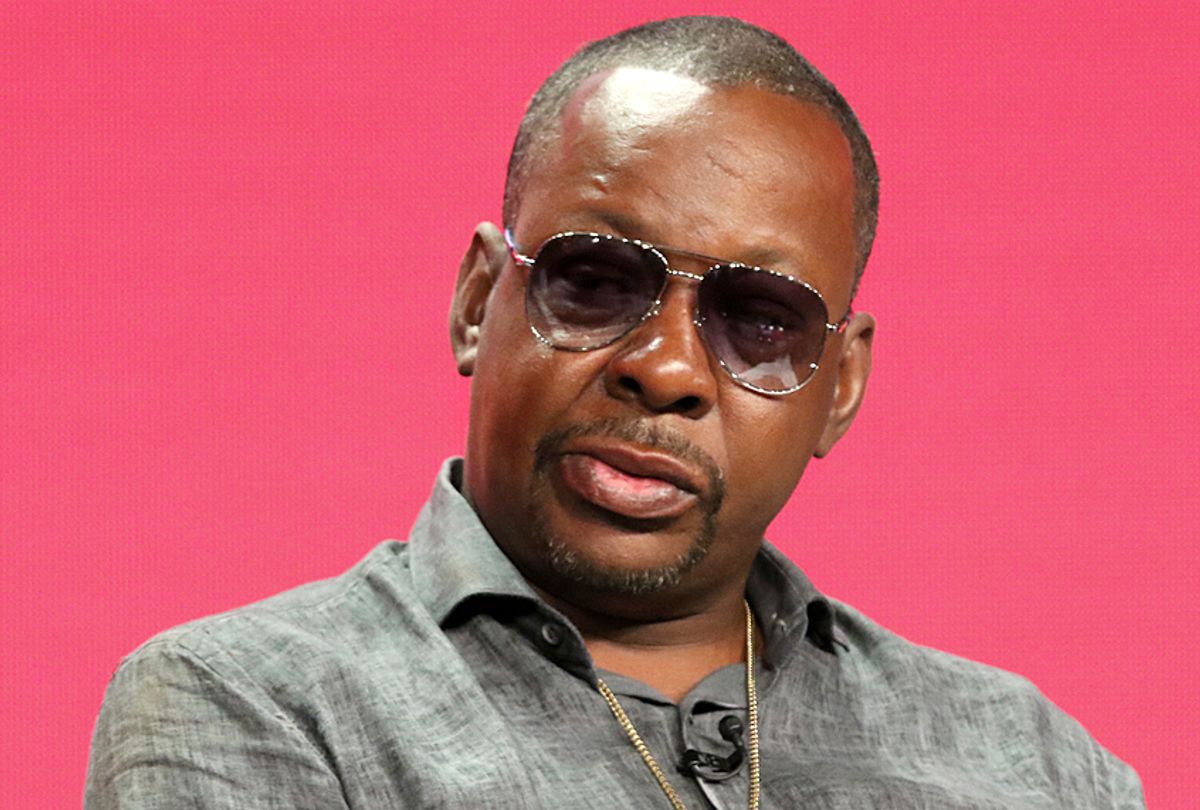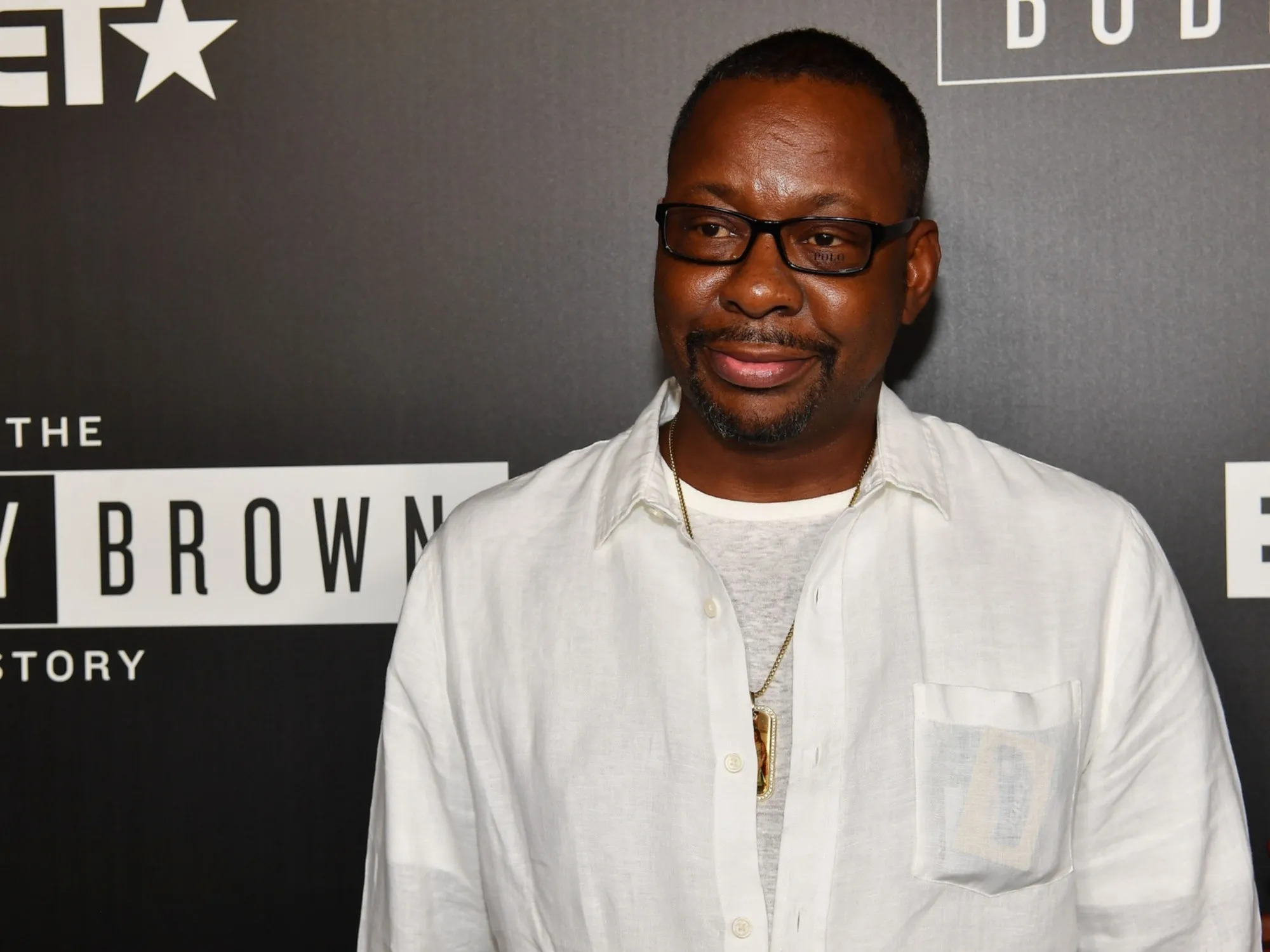Many folks, you know, often wonder about the financial standing of beloved public figures, especially those who shaped the sounds of an earlier time. It's almost a natural curiosity, isn't it? When we think about the memorable tunes and the voices that filled our homes decades ago, questions about how successful these artists truly were often pop up. That's certainly the case for someone like Bobby Vinton, whose name brings back so many melodies for a lot of people. His presence in music history makes many people think about his journey, and quite naturally, his financial story. So, a lot of interest gathers around Bobby Vinton net worth, as people try to get a sense of his success.
It's interesting, isn't it, how the lives of those who entertain us become a topic of discussion, even long after their most active years? We see their faces, hear their songs, and there's a certain pull to understand the broader picture of their lives, including their financial well-being. This kind of curiosity helps us connect with the past, seeing how careers unfolded in different eras. For an artist from the mid-20th century, figuring out their financial picture can be a bit like piecing together a puzzle, as a matter of fact.
This discussion aims to explore the general landscape that someone like Bobby Vinton would have operated within, particularly concerning financial aspects. We'll consider the broader context of the music world during the 1950s and 1960s, a time when certain performers, often known as "Bobbys," were very, very popular. It's important to mention right from the start, though, that the specific financial details or a precise figure for Bobby Vinton net worth are not available within the provided information. This piece will, instead, look at the general circumstances that might influence such a figure for an artist of that period, drawing on the limited but interesting insights from our given text, which sheds light on the era itself.
Table of Contents
- Understanding the Quest for Bobby Vinton Net Worth
- A Look at the Musical Landscape of the '50s and '60s
- The Concept of Net Worth for Public Figures
- Biography and Personal Details: What Our Information Shows
- The Enduring Presence of "Bobbys" in Popular Culture
- Understanding Financial Footprints in Music History
- Frequently Asked Questions
Understanding the Quest for Bobby Vinton Net Worth
People often look for information about a celebrity's financial standing, and for someone like Bobby Vinton, it's pretty much the same. There's a genuine interest in knowing how successful artists were, not just in terms of their songs, but also what they managed to accumulate over their careers. This search for Bobby Vinton net worth speaks to a desire to grasp the full scope of his impact and his life's achievements. It's a way, perhaps, to measure the fruits of their labor, you know, after years in the public eye.
When someone searches for "bobby vinton net worth," they are typically looking for an estimate of his assets minus his liabilities. This could include earnings from music sales, concert tours, endorsements, or any other ventures. For artists from earlier generations, like those who were big in the '50s and '60s, this kind of financial data can be a bit harder to come by, naturally. Public records from those times weren't always as transparent or readily available as they are today, which makes the search for a precise figure a little more challenging, frankly.
Our provided text, which gives us some background for this discussion, touches on the broader musical context of the mid-20th century. It mentions how "Bobbys were inescapable in music in the ’50s and ’60s," highlighting a period rich with musical talent. However, it doesn't offer specific financial figures for any of these artists, including Bobby Vinton. So, while the interest in Bobby Vinton net worth is certainly understandable, our current reference material does not contain the detailed financial information needed to provide a concrete number. This means we'll be exploring the general environment rather than giving exact sums, as a matter of fact.
A Look at the Musical Landscape of the '50s and '60s
The musical scene during the 1950s and 1960s was, in a way, incredibly vibrant and full of energy. It was a time of great change, with new sounds emerging and artists becoming household names through radio, television, and record sales. Our text points out that "Bobbys were inescapable in music in the ’50s and ’60s," which tells us something important about the era. This wasn't just a casual observation; it reflected a real trend where names like Bobby Sherman, Bobby Rydell, and Bobby Darin, among others, really captured the public's imagination. You know, these artists were everywhere.
During this period, musicians earned money primarily through record sales, which included singles and albums. Royalties from radio play also played a part, though perhaps a smaller one compared to direct sales. Concert tours were a significant source of income, allowing artists to connect directly with their fans and earn performance fees. Television appearances, especially on popular variety shows, offered both exposure and payment, further contributing to an artist's earnings. This was, in some respects, how a successful career could be built and maintained financially.
Consider the sheer volume of music produced and consumed back then. People bought records, went to shows, and listened intently to the radio. An artist who had several hit songs, like someone who might be associated with the "Bobbys" mentioned in our text, would naturally have seen their income grow. The music industry, though different from today's digital landscape, was a powerful machine that could generate considerable wealth for its stars. So, while we can't pinpoint Bobby Vinton net worth from our text, we can certainly appreciate the mechanisms through which artists of his time earned their living, which is that, a very significant aspect of their financial story.
The reach of these artists was quite broad, too. They weren't just heard on local radio stations; their music often spread across the country, making them national figures. This wider appeal, coupled with consistent releases and touring, pretty much formed the foundation of their financial success. It’s almost like a different world compared to how music is shared today, but the core idea of connecting with an audience to earn a living was still very much there, and it's something that, you know, hasn't really changed.
The Concept of Net Worth for Public Figures
When people talk about someone's net worth, they are essentially referring to the total value of everything that person owns, minus everything they owe. It’s a fairly simple concept on the surface, but for public figures, especially those from past eras, calculating it can be quite complex. Assets can include things like real estate, investments, intellectual property (like song copyrights), and personal possessions. Liabilities, on the other hand, would cover debts, mortgages, and other financial obligations. So, getting a full picture requires a lot of specific financial data, which is that, often private.
For artists who achieved fame in the '50s and '60s, like the "Bobbys" our text hints at, their net worth would have been influenced by a variety of factors. This includes the longevity of their careers, the number of hit records they produced, their touring schedules, and any business ventures they pursued outside of music. It’s not just about the money they made from a single hit song; it’s about sustained income over many years. Pretty much, it's about how they managed and grew their earnings over time.
The challenge in determining a precise Bobby Vinton net worth, particularly when relying solely on the provided text, is that such specific financial records are not included. Our information gives us a glimpse into the general music scene, mentioning how "Bobbys were inescapable," and listing a few names like Bobby Sherman, Bobby Rydell, and Bobby Darin. However, it doesn't provide the granular financial data—like specific album sales figures, concert earnings, or investment portfolios—that would be needed to calculate a net worth figure. This means that while the concept of net worth applies to him, the actual calculation is beyond the scope of what our current information allows, naturally.
It's also worth remembering that net worth can fluctuate. Investments can gain or lose value, and financial situations can change over time. So, even if we had a figure from a specific point in time, it might not reflect an artist's total financial journey. Understanding Bobby Vinton net worth, then, involves more than just a single number; it would involve a look at his entire financial life, which, as I was saying, is not something our provided text details. This makes the inquiry a bit more abstract, focusing on the broader strokes of financial success in that era.
Biography and Personal Details: What Our Information Shows
When we seek to understand a person's life, especially a public figure like Bobby Vinton, we often look for biographical details and personal information. These facts help us piece together their journey, their background, and the influences that shaped their career. Typically, this would include birth dates, places, family life, and early career steps. For someone whose name is associated with the music of the '50s and '60s, like Bobby Vinton, such details would be very, very helpful in building a complete picture of his life and career.
However, the text provided for our reference, while mentioning the prevalence of "Bobbys" in music during the '50s and '60s, and listing some examples like Bobby Sherman, Bobby Rydell, and Bobby Darin, does not contain specific biographical information for Bobby Vinton himself. It also discusses a 2006 film titled "Bobby," and the origin of the nickname "Bobby" from Sir Robert Peel, along with details about Bobby Brown's family. So, while it gives us a general context of the name "Bobby" in popular culture and music, it doesn't offer the personal details about Bobby Vinton that one might expect in a biography.
This means that any attempt to create a table of personal details or a detailed biography for Bobby Vinton based solely on the provided text would result in a lot of "information not available" entries. It's important to be clear about this limitation, as we are strictly adhering to the given source material. Therefore, while the interest in Bobby Vinton's life story is valid, our current source does not furnish the specific facts needed to fill out such a section. This is just a little bit of a challenge when trying to be comprehensive, naturally.
Here's a representation of what we can gather about Bobby Vinton's personal details from the provided text:
| Category | Details (Based on Provided Text) |
|---|---|
| Full Name | Information not available in the provided text for Bobby Vinton. |
| Date of Birth | Information not available in the provided text for Bobby Vinton. |
| Place of Birth | Information not available in the provided text for Bobby Vinton. |
| Nationality | Information not available in the provided text for Bobby Vinton. |
| Occupation | Associated with music in the '50s and '60s, as "Bobbys" were "inescapable in music" during this period. |
| Spouse/Children | Information not available in the provided text for Bobby Vinton. (The text mentions Bobby Brown's children, but not Bobby Vinton's.) |
| Notable Works | The provided text does not list specific songs or albums for Bobby Vinton, though it notes the general prevalence of "Bobbys" in music. |
As you can see, the specific details for Bobby Vinton are not present in the provided source. This highlights the importance of having comprehensive source material when trying to compile a full biographical profile. It's a bit like trying to paint a picture with only a few colors; you can get the general idea, but the fine points are missing, you know.
The Enduring Presence of "Bobbys" in Popular Culture
Our source text makes a rather compelling point: "Bobbys were inescapable in music in the ’50s and ’60s." This statement really captures a fascinating trend in popular culture during that era. It wasn't just a coincidence; it seemed like the name Bobby had a special kind of resonance, particularly for male singers who achieved widespread fame. You know, it's almost like a unique phenomenon that shaped the soundscape of those decades, and it's something that, honestly, sticks with you.
The text even gives us some specific examples of these prominent "Bobbys" from the music world: "Bobby sherman, bobby rydell, bobby darin and more." These artists, each with their own distinct style and appeal, contributed significantly to the popular music of their time. Their songs filled the airwaves, graced jukeboxes, and were sung by fans everywhere. This collective presence of artists named Bobby truly made the name synonymous with popular music for a generation, and it's a very striking observation.
Beyond the music scene, the name "Bobby" holds other cultural meanings, too. The text reminds us that "Bobby, nickname for robert, after sir robert peel, who organized the london police force," highlights a historical connection that gave the name a certain weight. This shows how a name can carry different meanings across various contexts, from law enforcement to pop music. It's pretty interesting how names can gain such varied associations, isn't it?
Furthermore, the provided text broadens our understanding of the name "Bobby" by mentioning other significant cultural references. It discusses "Bobby is a 2006 american drama film written and directed by emilio estevez, and starring an ensemble cast featuring harry belafonte, joy bryant, nick cannon, laurence fishburne," and how this film intertwines the "destinies of 22 people of different races, sexes, beliefs, and social classes." This shows the name's use in film, giving it a dramatic and historical weight, which is that, a very different kind of cultural footprint.
The text also touches on Bobby Brown, describing him as "a father of a number of children," and listing their names: "Landon, la’princia, bobby jr., bobbi kristina, cassius, bodhi and hendrix." This inclusion demonstrates how the name "Bobby" continues to appear in contemporary public life, particularly in the realm of R&B music and celebrity families. So, the name has a



Detail Author:
- Name : Dr. Declan Huels DVM
- Username : nolan.jesse
- Email : nels.bernhard@leannon.com
- Birthdate : 1997-07-23
- Address : 91859 Stan Green Apt. 201 South Geovany, WV 99902
- Phone : 754.896.5934
- Company : Zulauf-Roob
- Job : Special Education Teacher
- Bio : Eos provident possimus quia molestiae. Reprehenderit eveniet dolorum ut est rerum quos.
Socials
tiktok:
- url : https://tiktok.com/@maxie_dicki
- username : maxie_dicki
- bio : Similique dolor ipsa at nulla reiciendis eum.
- followers : 2370
- following : 107
linkedin:
- url : https://linkedin.com/in/maxie.dicki
- username : maxie.dicki
- bio : Tempora quo odit animi libero modi.
- followers : 4192
- following : 971
twitter:
- url : https://twitter.com/maxie9405
- username : maxie9405
- bio : Sequi voluptas cupiditate cum ducimus enim. Dolorem recusandae quas voluptas ducimus nihil. Dolorem expedita reprehenderit porro doloremque quasi fugit qui.
- followers : 4313
- following : 1247